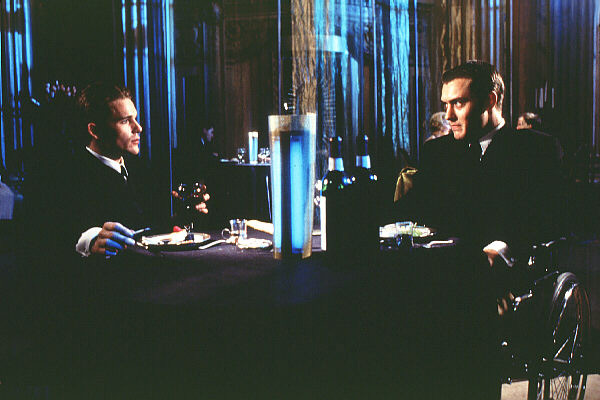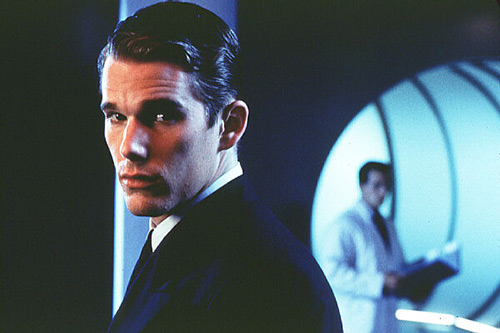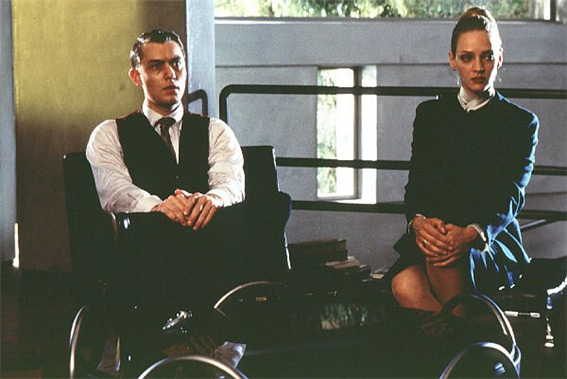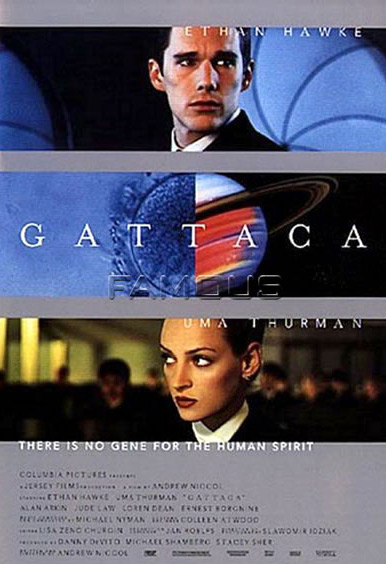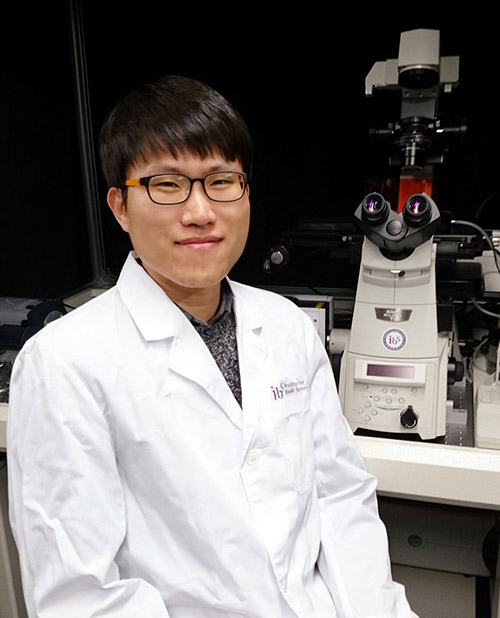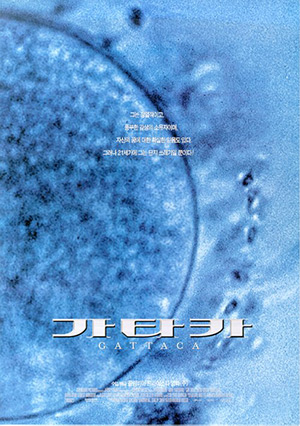주메뉴
- About IBS 연구원소개
-
Research Centers
연구단소개
- Research Outcomes
- Mathematics
- Physics
- Center for Theoretical Physics of the Universe(Particle Theory and Cosmology Group)
- Center for Theoretical Physics of the Universe(Cosmology, Gravity and Astroparticle Physics Group)
- Center for Exotic Nuclear Studies
- Center for Artificial Low Dimensional Electronic Systems
- Center for Underground Physics
- Center for Axion and Precision Physics Research
- Center for Theoretical Physics of Complex Systems
- Center for Quantum Nanoscience
- Center for Van der Waals Quantum Solids
- Chemistry
- Life Sciences
- Earth Science
- Interdisciplinary
- Institutes
- Korea Virus Research Institute
- News Center 뉴스 센터
- Career 인재초빙
- Living in Korea IBS School-UST
- IBS School 윤리경영


주메뉴
- About IBS
-
Research Centers
- Research Outcomes
- Mathematics
- Physics
- Center for Theoretical Physics of the Universe(Particle Theory and Cosmology Group)
- Center for Theoretical Physics of the Universe(Cosmology, Gravity and Astroparticle Physics Group)
- Center for Exotic Nuclear Studies
- Center for Artificial Low Dimensional Electronic Systems
- Center for Underground Physics
- Center for Axion and Precision Physics Research
- Center for Theoretical Physics of Complex Systems
- Center for Quantum Nanoscience
- Center for Van der Waals Quantum Solids
- Chemistry
- Life Sciences
- Earth Science
- Interdisciplinary
- Institutes
- Korea Virus Research Institute
- News Center
- Career
- Living in Korea
- IBS School
News Center
|
Scientists talk science in movies GATTACA (1997), Force of will transcends genetic limits.- Science Movie recommended by LEE Sang-Kyu, a research fellow at the Center for Cognition and Sociality - The UK government has recently approved a genome editing experiment with human embryonic cells. The news reminded Dr. LEE Sang-Kyu, research fellow at the Center for Cognition and Sociality, of the movie Gattaca. What if this sci-fi movie, released nearly 20 years ago, becomes a reality in the near future? Dr. LEE speaks to IBS Science Talk about his chosen movie, Gattaca. The movie Gattaca, released in 1997, poses a fundamental question: Is our destiny determined by our genes or our will power? In the future society depicted in Gattaca, those born with a superior gene make-up through genetic modification are labeled as ‘valid’ and constitute the social elite class. Those born naturally are labeled as invalid, discriminated against because of their genomic profile and constitute the social underclass. Vincent Freeman, the main character portrayed by Ethan Hawke, was conceived naturally and born with a serious heart disease. He is unable to beat his younger brother in a game of chicken; a competition to see who can swim farthest out in the sea, because his brother has a strong, genetically-manipulated heart. However, he harbors a dream to join the Gattaca Aerospace Corporation and become an astronaut. Will his strong determination allow him any opportunity in a society where genetic superiority decides everything?
Our strong willpower shapes our destinyDr. LEE was deeply moved with Vincent’s strong willpower and endeavors to overcome his genetic shortcomings. He was born into the genetic underclass and had to make a living as a cleaning hand, but that didn’t stop him dreaming of becoming an astronaut. “We all have some weaknesses. What matters is to recognize those weaknesses and try to overcome them. Genes we are born with just determine where we start, not where we finish. By winning a game of chicken against his brother Vincent illustrates how we, as humans, can shape our destiny with our willpower,” said Dr. LEE.
”You want to know how I did it? This is how I did it, Anton. I never saved anything for the swim back”, said Vincent to his brother, Anton, after saving him from drowning. Dr. LEE chose this as the best line in the movie because it epitomizes the message that anybody can achieve their dream by trying hard, regardless of their environment or circumstances. “How much efforts we make is as important as what we were born with. If we are born with superior genes, we may have an earlier head start in life. But that doesn’t necessarily make us winners. Genes are just one element that makes up our capacity. Even in the movie, they consider genetic information to predict not to conclude,” said Dr. LEE. Jerome Morrow, another main character portrayed by Jude Law, also impressed Dr. LEE. Jerome gave his identity to Vincent and killed himself at the end of the movie. He portrays the sufferings of human whose genes are modified for superiority.
Human Dignity should always come firstIn the movie, as soon as a baby is born, a drop of blood is taken for a test to predict the baby’s future. The test can reveal the baby’s susceptibility to diseases, capacity for professional jobs and even life expectancy. Will this kind of test become a reality someday? “Knowing one’s genetic information will become much easier,” said Dr. LEE, ”if we can get the genetic information of a person in just one piece of paper, not many could resist that temptation.“ “Knowing everything about a person with just genetic information is not possible yet. But we can still make predictions based on some. If I am the only person that can access my information and no information leakage is guaranteed, I want to go through a genetic test to know how similar I am to the person that the test will identify. But l don’t want to know my life expectancy or susceptibility to disease. That might ruin the joy of life in ignorance,” said Dr. LEE, laughing.
Like all technologies, genetic engineering was developed to enrich human life. But many dystopian movies like The Island of Dr. Moreau or Splice highlight the dark side of scientific development, warning us about the possible tragedies that genetic modification may create. Where should we draw a line when it comes to genetic engineering? Is there even a line? “Recently the UK government has approved genetic modification of human embryos for research purposes. What’s supposed to happen has just happened. Genetic engineering will continue to advance and attempts to apply the technology to humans will never stop. But we should not let our future be like the world in Gattaca. Scientists have already begun discussing potential social implications of genetic engineering and expressed considerable concerns. Public discourses should be made across society and the technology must not be off the track toward human prosperity,” said Dr. LEE. Dr. LEE thinks communication is significant in dealing with bioethical dilemmas because there are no clear black and white solutions to them. Conflicts over one issue are caused by different thoughts and perspectives. To solve the issue in a rational and generally accepted way, these thoughts and perspectives must be freely shared and discussed. Of course, human dignity should always come first no matter what.
Optogenetics and its applications in life sciencesDr. LEE is investigating optogenetics in a research group led by HEO Won-Do at the Center for Cognition and Sociality. Optogenetic technology controls the activation of proteins with light and makes timely regulations of the functions of target cells. He participated in memory enhancement research in which calcium ions are controlled with light. The research was published in Nature Biotechnology and drew considerable attention.
“Optogenetic technology can be applied in many life sciences. It can be used in oncology to repress tumor growth or in brain science to study how memories are formed and can be regulated. By advancing this comprehensively applicable biotechnology, we ultimately want to explore how functional changes in a minute protein are associated with human cognition or memories, which may offer a key to understanding mysteries of life,“ said Dr. LEE. Dr. LEE cautiously predicts that optogenetics can be applied to disease treatment and is aware of the significance of research ethics in dealing with life sciences. “Science can fundamentally change how we think and live. Scientists need to take their responsibility and social implications of their research seriously,” said Dr. LEE.
Gattaca (1997)
Director: Andrew Niccol Cast: Ethan Hawke, Uma Thurman, Jude Law Plot: "There’s no gene for fate.” |
|||
Center for Genome EngineeringPublication Repository |
| Next | |
|---|---|
| Next |
- Content Manager
- Communications Team : Kwon Ye Seul 042-878-8237
- Last Update 2023-11-28 14:20










